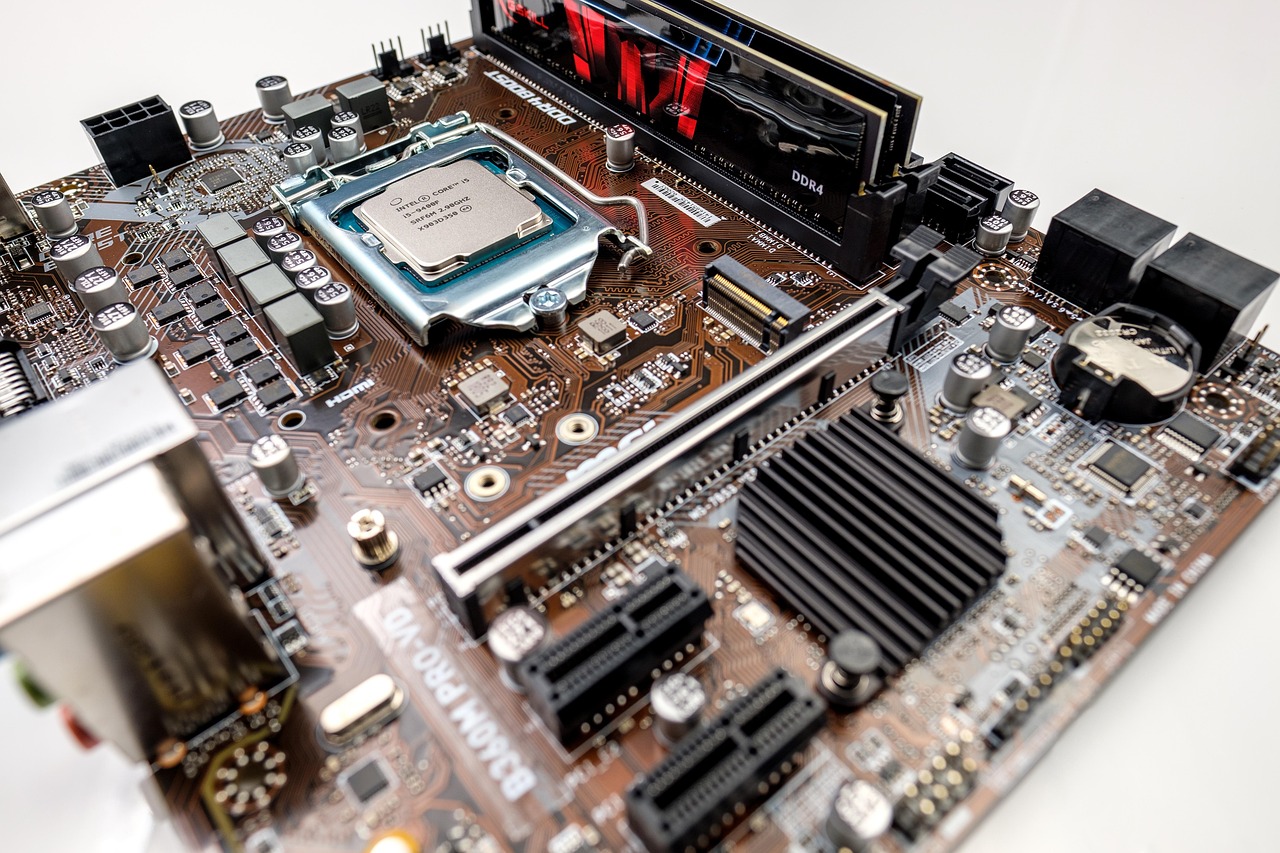Tokenized Bank Transfers Enable Programmable Payments

In the rapidly evolving landscape of financial technology, tokenized bank transfers have emerged as a transformative innovation, enabling programmable payments with unprecedented precision and flexibility. This development is reshaping the way financial institutions and businesses conduct transactions, offering enhanced security, efficiency, and customization capabilities. As banks and fintech companies worldwide adopt tokenization, understanding its implications and potential is crucial for industry professionals.
Tokenization in the context of bank transfers involves converting sensitive payment information into a unique digital token. This token serves as a proxy for the actual data, ensuring that sensitive information remains secure during transactions. The advent of blockchain technology has significantly facilitated this process, providing a decentralized and immutable ledger that enhances the reliability and transparency of these transactions.
One of the key benefits of tokenized bank transfers is their ability to support programmable payments. These are transactions that can be automatically executed according to predefined conditions set within smart contracts. Smart contracts are self-executing agreements with terms directly written into code, which are stored and replicated on the blockchain. This technology allows for transactions to be precisely tailored to specific requirements, reducing the need for manual intervention and minimizing the risk of errors.
- Efficiency and Cost Reduction: By automating payment processes, programmable payments significantly reduce the time and resources required for transaction processing. This efficiency is particularly beneficial for businesses dealing with high volumes of transactions, such as payroll processing or supply chain management.
- Enhanced Security: Tokenization protects sensitive data by replacing it with tokens that are meaningless outside the specific transaction context. This reduces the risk of data breaches and fraud, as the actual payment information is never exposed.
- Customizable Payment Conditions: Programmable payments allow for a wide range of conditions, such as timed releases of funds, conditional payments based on delivery confirmations, or automatic currency conversions. This flexibility offers businesses the ability to optimize their cash flow management and financial operations.
Globally, the adoption of tokenized bank transfers and programmable payments is witnessing significant momentum. Financial institutions across Europe, North America, and Asia are increasingly integrating these technologies into their operations. For instance, the European Union’s Revised Payment Services Directive (PSD2) has paved the way for open banking, encouraging the use of tokenization to enhance security and interoperability among financial service providers.
Moreover, central banks in several countries are exploring the potential of central bank digital currencies (CBDCs), which could further drive the adoption of tokenized transactions. The programmable nature of these digital currencies could enable central banks to implement monetary policies with greater precision and control.
However, the transition to tokenized bank transfers and programmable payments is not without challenges. Regulatory frameworks need to evolve to address the complexities of digital tokens and smart contracts. Ensuring interoperability among different blockchain platforms and financial systems remains a critical barrier that needs to be overcome.
In conclusion, tokenized bank transfers and programmable payments are poised to redefine the financial landscape, offering a multitude of benefits in terms of security, efficiency, and customization. As the technology matures, it is essential for financial professionals to stay informed about its developments and implications. Embracing these innovations will not only enhance operational efficiencies but also open new avenues for financial products and services, ultimately driving the industry towards a more secure and efficient future.















